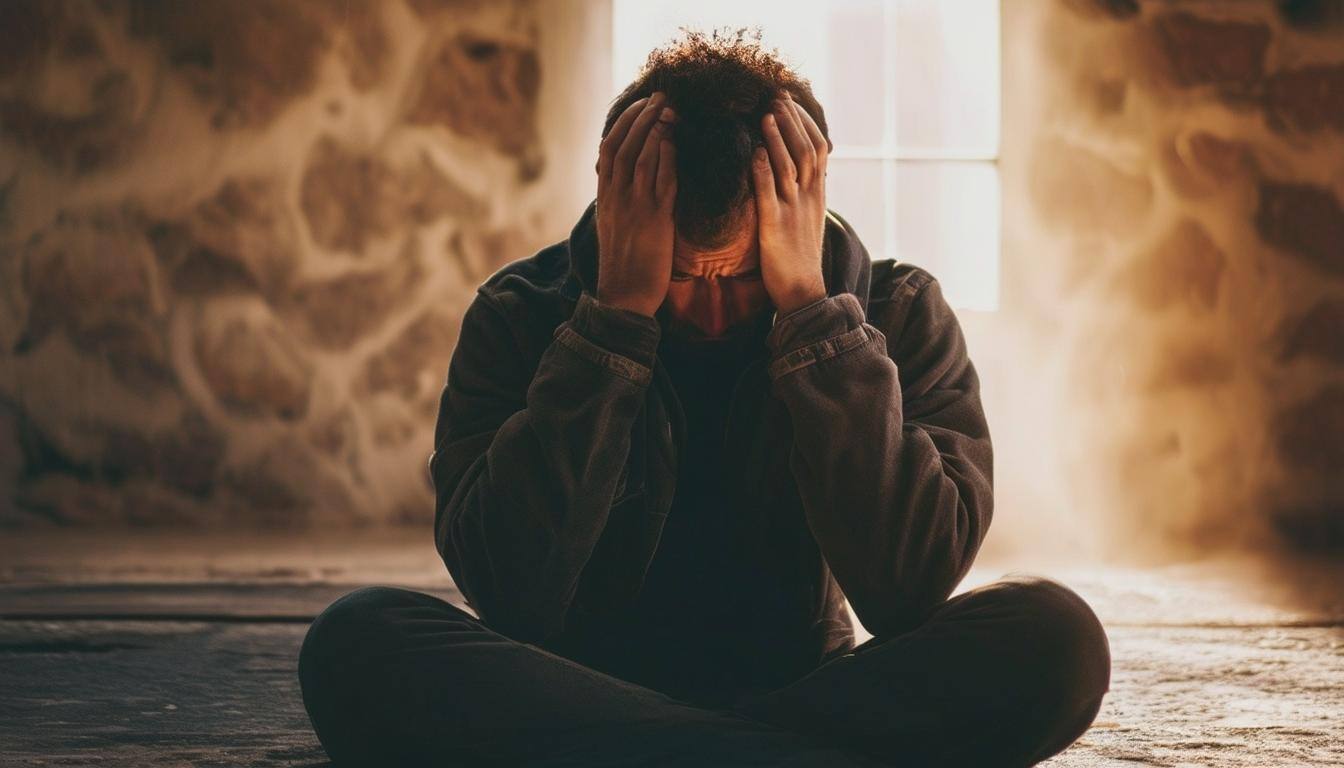Often Overlooked Mental Health Challenges in Men: Suicide Prevention
Men's mental health often gets overshadowed by societal expectations and outdated stigmas, leaving many guys feeling unsupported and misunderstood. A lot of men feel the pressure to live up to traditional masculine roles, which often means burying their emotions and pretending everything's fine. This can lead to significant stress and anxiety, making it even harder to ask for help when they need it most. When one considers work-related stress and financial concerns, it becomes evident that mental health problems can rapidly escalate.

Men face unique mental health challenges often influenced by societal expectations and traditional masculine roles. The pressure to conform to these roles can lead to significant stress and anxiety, as men may feel they need to suppress their emotions and "tough it out." This stigma around mental health and seeking help further exacerbates the problem, as many men may not feel comfortable reaching out for support.
Work-related stress and the burden of financial responsibilities are also significant contributors to mental health issues in men. Depression is a major concern, with symptoms often manifesting differently in men compared to women, making it harder to identify. Instead of sadness, men might experience irritability, anger, or aggression. Additionally, there is a strong connection between mental health issues and substance abuse, as men may turn to alcohol or drugs as a coping mechanism, which further deteriorates their overall well-being.[2]
The Importance of Suicide Prevention
Suicide prevention is critical in addressing men's mental health. Statistics show that male suicide rates are significantly higher compared to females. In many countries, men are three to four times more likely to die by suicide than women. Common risk factors include mental health conditions such as depression, anxiety, and substance abuse disorders, societal pressures, and a lack of supportive networks.[1]
Identifying warning signs of suicidal thoughts and behaviors, such as changes in behavior, withdrawal from social activities, and expressing feelings of hopelessness, is essential for early intervention and prevention. It is important to create environments where men feel safe to discuss their struggles and seek help without fear of judgment.
Suicide Prevention Strategies
Effective suicide prevention strategies include:
Encouraging Open Communication: Breaking the stigma around mental health discussions and creating safe spaces for men to talk about their feelings.
Professional Help and Therapy: Benefits of seeking professional mental health support, including cognitive-behavioral therapy (CBT) to develop healthier coping mechanisms.
Support Networks: Building strong support networks through family, friends, and community support, which can make a significant difference in a man's mental well-being.
Lifestyle Changes and Self-Care: Maintaining a healthy lifestyle through regular exercise, mindfulness practices, and engaging in hobbies can greatly improve mental well-being. Exercise, in particular, has been shown to reduce symptoms of depression and anxiety by releasing endorphins, which are natural mood lifters.[3]
Addressing men's mental health and suicide prevention requires a multifaceted approach. By encouraging open dialogue, seeking professional help, and building supportive networks, we can create a more understanding and supportive environment for men.
Recognizing and addressing these challenges is crucial in promoting mental health and preventing suicide among men. It is essential that we work towards breaking down the barriers and stigma associated with mental health, ensuring that men feel empowered to seek the help they need and deserve.
Here at Assuaged, we know how important it is to tackle men's mental health and suicide prevention head-on. It's all about boosting overall well-being and stopping tragedies before they happen. We can make a big difference by encouraging open conversations, supporting professional mental health care, and building strong support networks. It's high time we break down the barriers and stigma around mental health so that men feel empowered to seek the help they deserve.














